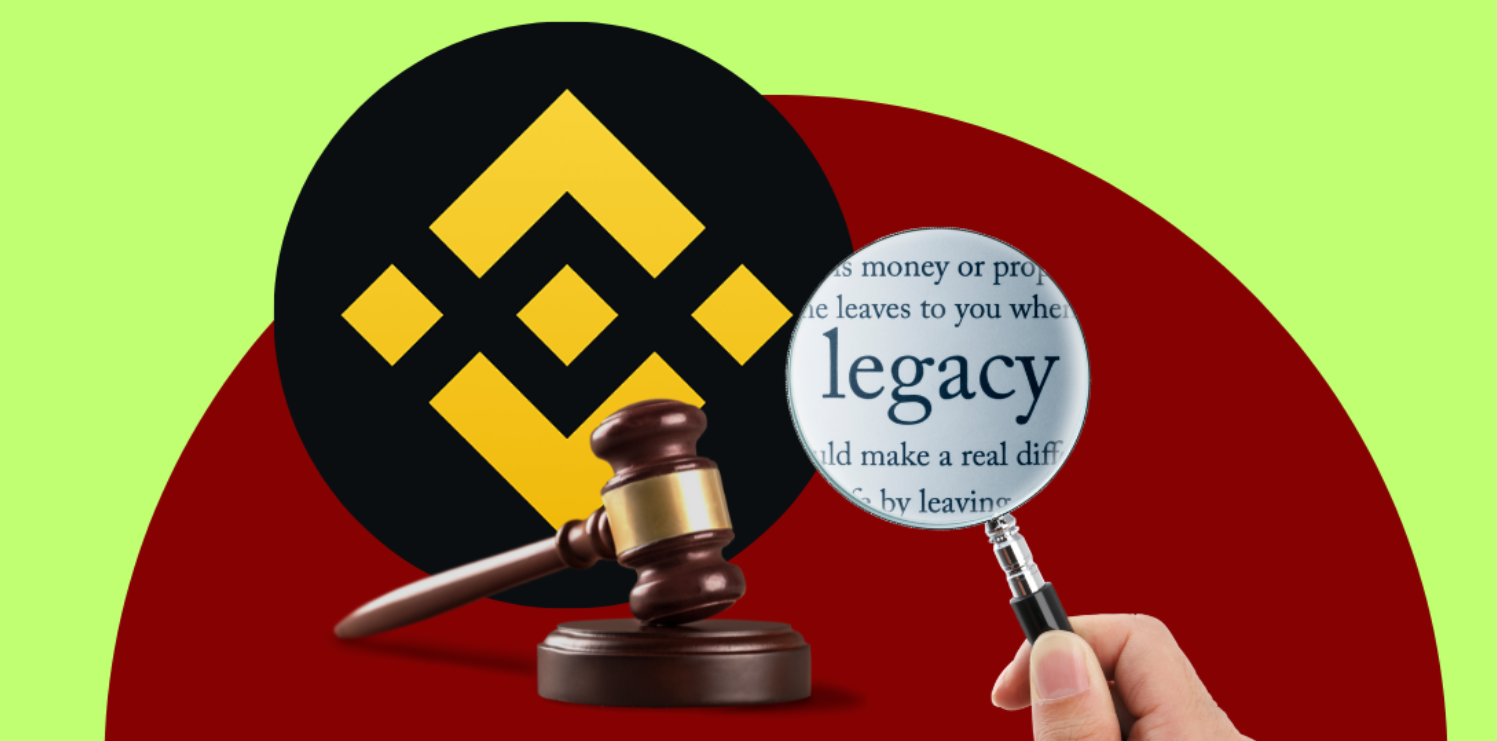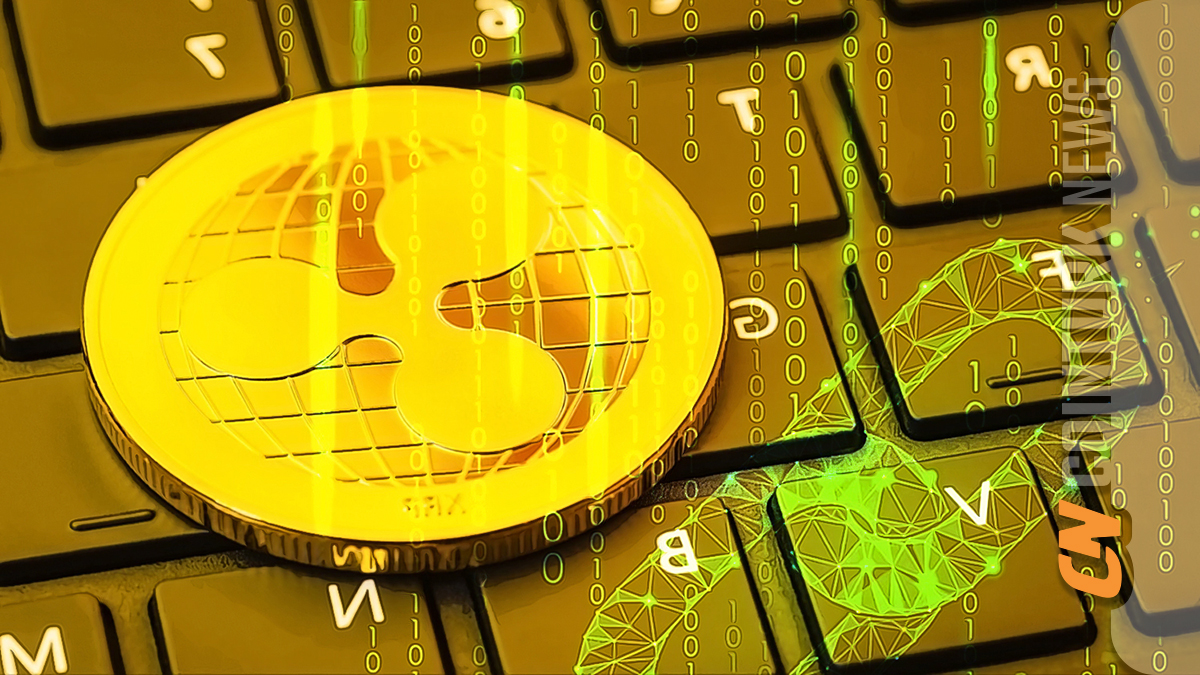After the news that shook the cryptocurrency markets, the price of Bitcoin quickly rose. But is the suspension of the allegations against Binance and CZ, along with a $4 billion fine, really positive for the markets? Former SEC executive John Stark, one of the most knowledgeable experts in the field, has written an analysis evaluating the situation.
What is the Binance Case?
The allegation that the Binance exchange has been under investigation by the US Department of Justice has been on the agenda for a long time. In fact, this case is considered to be a powerful event that can even hinder the expected bull season, which is one of the biggest structural problems in the crypto world. According to Bloomberg’s previous report, Department of Justice officials were said to be closer to a settlement to prevent collapses and victimization in the cryptocurrency markets.
At the time of writing this article, Binance officials have not made any statements regarding the matter. It is expected that a comprehensive evaluation will be published by Binance in the coming hours. Since the process is ongoing, every statement made by the company is important, and the reason for the delay may be the risk involved.
Expert Opinion on the Binance Case
The US Department of Justice is considering entering into a Deferred Prosecution Agreement (DPA) with Binance. John Stark, a former SEC executive known for his comments on crypto-related cases, believes that the possibility of a DPA is surprising and should be examined in detail.

What is a DPA?
Firstly, in order to understand the current status of the investigation, it is necessary to know what a DPA is. CFTC and SEC cases have been filed against Binance, but the US Department of Justice is still in the investigation stage and the process has not turned into a lawsuit yet.
DPA stands for Deferred Prosecution Agreements. These are mechanisms that allow targets of criminal investigations in the US to avoid criminal charges, including financial penalties and remedial measures, by committing to comply with the orders of the DPA, subject to court approval.
It is similar to the concept of Deferred Adjudication of Guilt (HAGB) in Turkey. In a DPA, the trial period for defendants is known to be 2-3 years. For companies, DPAs are similar to conditional release, but there are a few differences. Under a DPA, the government brings charges against a defendant but agrees not to pursue those charges. In return, certain requirements and conditions must be met.
The similarity with HAGB is as follows. In Turkey, in general, if you are going to receive your first sentence for certain crimes, the judge usually issues an HAGB decision. For example, if you insult someone through your X account and your record is clean, you have to comply with the HAGB decision by paying a certain fine and not committing the same crime for 5 years. If there is a repetition, the penalties are enforced.
DPAs are filed in federal court with a charging document (e.g., a criminal complaint) and, if necessary, a waiver of the Speedy Trial Act. DPAs are subject to judicial approval, but the court does not approve the terms of the settlement. Fulfilling the requirements of a DPA results in the dismissal of charges after the expiration of the agreement.
Why is a DPA Preferred?
The US Department of Justice prefers DPAs under certain conditions. For example, if the lawsuit would cause the collapse of a corporate company, or if it is desired to prevent harm to global financial markets and innocent third parties, this path can be chosen.
During the DPA process, the defendant admits to the charges and the charges are suspended for 2-3 years. If the defendant does not commit these crimes during the probation period, it is seen that the charges are dropped and a clean slate is opened. This last part seems to be in the interest of Binance, as it can open a clean slate if it does not commit any crimes for 3 years and pays the $4 billion.
Why is Binance Risky?
If Binance can escape a lawsuit that could trigger its collapse and open a clean slate, why would this DPA process be bad for it? John Stark lists the following points:
- Allocation/proposal of a detailed and comprehensive list of incriminating confessions and facts
- Acceptance to initiate and complete a comprehensive set of compliance-related requirements and conditions
- Implementation of significant corporate, governance, and financial reporting reforms
- Full cooperation with the US Department of Justice in all investigations, especially those conducted by the prosecution against individuals like CZ
- Providing 100% unlimited access and transparency to a special independent external audit/consulting firm to monitor and oversee Binance’s compliance with the DPA, and payment of all fees related to the appointment of this external firm
The monitoring team will periodically submit routine reports to the US Department of Justice on compliance with all requirements and conditions, sometimes every three months. Considering the alleged crimes committed by Binance, any DPA by the US Department of Justice will need to be comprehensive, robust, and challenging. The problem is exactly here. It is unknown whether Binance, as a company that is already not transparent compared to most, is ready to open its detailed financial reports to regulators in such a transparent manner.
If it shares comprehensive reports, evidence to support new allegations may be found. It is uncertain whether the company has kept detailed records as requested by auditors until now.
How can a financial company like Binance, which has historically been secretive and non-transparent, suddenly transform into a traditional and law-abiding financial company? Stark says the following about this:
“The truth is that neither Binance nor any other mega-crypto company has ever been a party to a Deferred Prosecution Agreement with the US Department of Justice; this is probably equivalent to undergoing a financial colonoscopy 365 days a year, 24/7, and paying millions of dollars for this privilege.”
Conclusion
DPA acceptances are rarely denied in secondary lawsuits. Therefore, after accepting this agreement, Binance has started new lawsuits by admitting to previous charges. Indeed, this is a terrible situation because it promises a definite legal defeat.
CFTC and SEC cases are still ongoing. For the DPA, Binance should prepare a comprehensive list of admitted crimes that will not destroy it in these cases. This is one of the biggest problems. How will Binance sign a crime acceptance list that will not admit to the crimes (alleged crimes) in the ongoing lawsuits?
In conclusion, this news, which was initially seen as positive for cryptocurrencies, may lead to a major collapse depending on whether Binance is ready for full transparency. Aside from all these, Binance does not have a $4 billion surplus in reserves. If it does not have $4 billion somewhere other than the figures stated in the reserve proof, it is unlikely that it will be able to pay this fine. Can Binance Labs complete this amount by giving up some of its investments? Can it issue a new utility token to finance this lawsuit? And dozens of other questions are confusing people.

 Türkçe
Türkçe Español
Español









